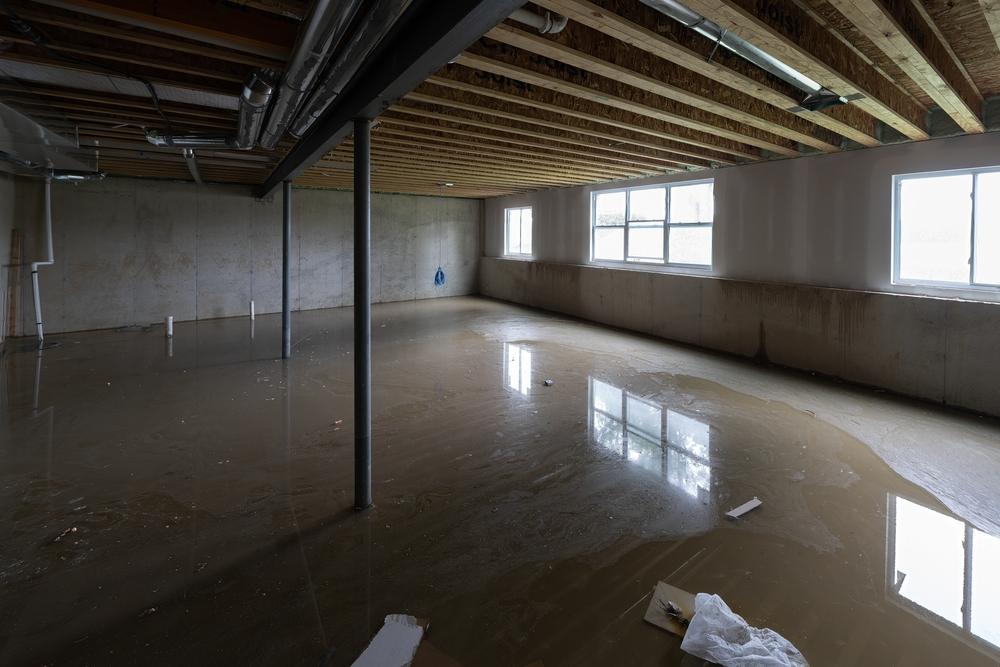
Key Takeaways
- Clean gutters regularly — remove leaves, twigs, and debris to keep rainwater flowing freely and prevent foundation damage.
- Install gutter guards — reduce buildup and cleaning frequency by blocking debris while allowing water to flow through.
- Inspect for damage — check for cracks, rust, or holes and repair or replace damaged sections right away.
- Ensure proper installation — make sure gutters slope toward downspouts and drain water away from your foundation.
- Watch for mold and mildew — moisture from leaks can cause basement mold; use a dehumidifier and fix drainage issues quickly.
- Regular maintenance prevents costly flooding — consistent care keeps your home’s foundation safe and dry through every season.
As the rainy season approaches, it is important to ensure that your gutters are properly maintained to prevent basement flooding. Clogged or damaged gutters can cause water to seep into your home’s foundation, resulting in costly repairs. Here are some gutter maintenance tips to keep your home safe and dry.
Maintaining Your Gutters Year-Round
1. Clean your gutters regularly: Leaves, twigs, and debris can build up in your gutters and block the flow of rainwater. This can cause water to overflow and damage your home’s foundation. To prevent this, you should hire a gutter cleaning service to properly clean your gutters.
2. Install gutter guards: Gutter guards are installed over your gutters and prevent debris from accumulating inside them. They help to improve water flow and reduce the need for frequent cleaning. There are different types of gutter guards, including mesh, foam, and brush-types. Choose the one that works best for your home’s needs.
3. Check for damage: Over time, gutters can become damaged, leading to leaks and poor water flow. Check for cracks, holes, or rust on your gutters and repair or replace them immediately. Avoid using duct tape or other temporary fixes as they may not be effective in the long term.
4. Ensure proper installation: Gutters that are improperly installed can cause water to cascade down the side of your house and into your basement. Proper installation includes ensuring that your gutters are sloping towards the downspouts and that the downspouts are properly positioned away from your home’s foundation.
5. Monitor for mold and mildew: If water seeps into your basement, it can lead to the growth of mold and mildew. These can cause health problems and can be difficult to eliminate. To prevent mold and mildew growth, monitor your basement for moisture and use a dehumidifier if necessary.
Preventing basement flooding requires regular gutter maintenance. Cleaning your gutters, installing gutter guards, checking for damage, ensuring proper installation, and monitoring for mold and mildew are all important steps to protect your home from the negative effects of clogged or damaged gutters. Don’t wait until it’s too late to take care of your gutters. Call a professional gutter service company today!
Frequently Asked Questions
- How often should gutters be cleaned in Marietta, GA?
At least twice a year—typically in spring and fall—but more often if your home is surrounded by trees. - Are gutter guards worth installing?
Yes. They help prevent clogs and reduce cleaning frequency, though occasional maintenance is still needed. - How can I tell if my gutters are installed correctly?
Water should flow smoothly toward the downspouts without pooling or overflowing along the roofline. - What signs indicate gutter damage?
Look for sagging, rust, holes, cracks, or water stains on siding or near the foundation. - Can clogged gutters really cause basement flooding?
Absolutely. Blocked gutters can overflow, sending water down your home’s exterior walls and into the foundation or basement.

